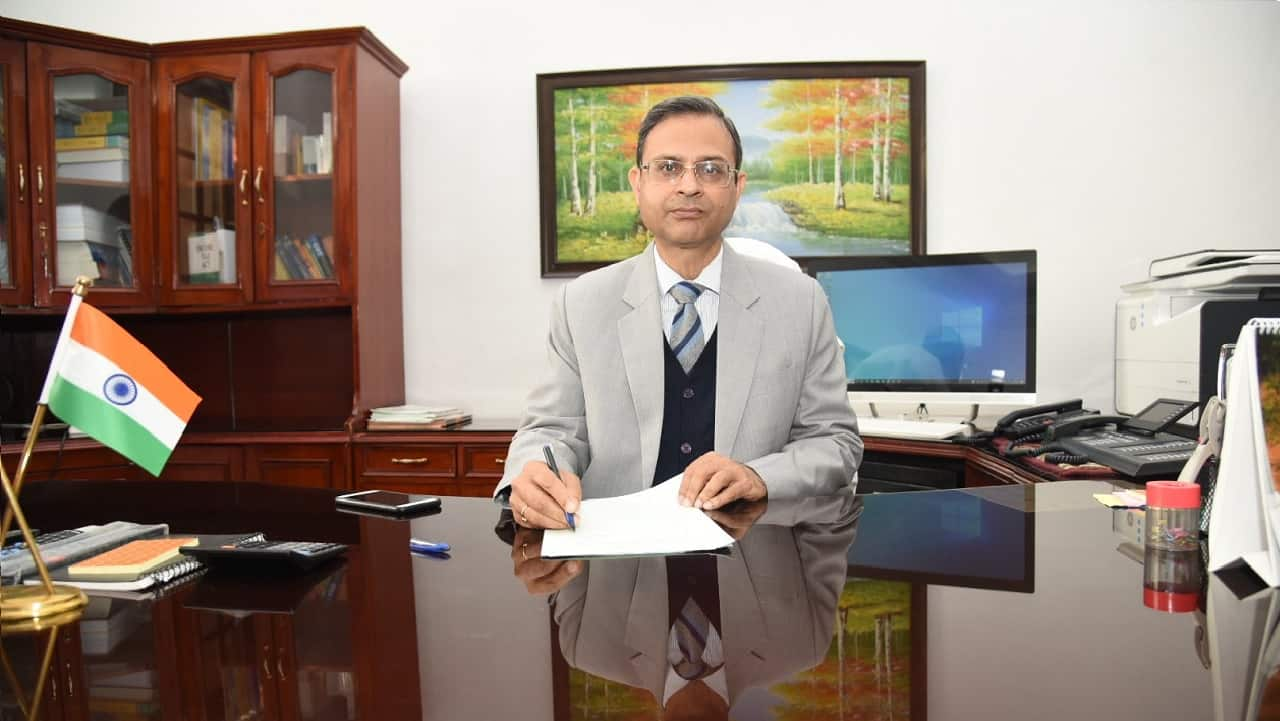 |
|
The appointment of Sanjay Malhotra as the new Governor of the Reserve Bank of India (RBI) marks a significant shift in the leadership of India's central bank. Malhotra, a 1990-batch IAS officer from the Rajasthan cadre, brings a wealth of experience in public finance, economic administration, and particularly, taxation. His career trajectory showcases a deep understanding of India's economic landscape and policy-making processes. His previous role as Revenue Secretary, where he oversaw a period of buoyant tax collections and played a crucial role in GST-related matters, highlights his aptitude for managing complex financial systems and navigating political sensitivities. His expertise is not limited to revenue generation; he has also served as Secretary in the Department of Financial Services, actively participating in key banking and financial sector reforms. Further solidifying his credentials, Malhotra's involvement in the Rs 3 lakh crore power distribution reform during his tenure as Additional Secretary in the Ministry of Power demonstrates his capacity for large-scale project management and structural change within the public sector.
Malhotra's academic background further underscores his suitability for the RBI governorship. An alumnus of IIT-Kanpur and a holder of a Master's degree in Public Policy from Princeton University, he possesses a strong foundation in both technical and strategic aspects of economic management. This blend of academic rigor and practical experience distinguishes him from previous RBI governors, potentially suggesting a new approach to monetary policy and economic governance. His educational background may reflect a move toward more technically adept leadership at the RBI, reflecting a growing emphasis on data-driven decision making in the face of increasingly complex global economic challenges. The appointment is particularly notable given the ongoing pressures from the government to reduce interest rates, potentially indicating a willingness to navigate the delicate balance between economic growth and inflation control.
Reactions to the appointment have been varied, ranging from mild surprise to cautious optimism. Former officials have noted the common thread of finance ministry bureaucrats holding the RBI governorship in the past. However, they have also highlighted the institution's inherent robustness and its independent decision-making processes. These comments underscore the importance of understanding the inherent independence and expertise within the RBI, even with a new governor appointed from a different background. Concerns about potential government influence on the RBI's monetary policy committee are inevitable given the recent pressures to cut interest rates. This raises questions about Malhotra's ability to maintain the RBI's autonomy and uphold its mandate of price stability and economic growth. His prior experience in navigating political expectations within the GST council will be instrumental in managing any potential conflicts of interest between the government and the central bank.
The coming years will be crucial for Malhotra's tenure as RBI Governor. He will need to tackle several immediate challenges, including managing inflation, overseeing rupee movements, and navigating the uncertainties of the global geopolitical landscape. Deepali Pant, former ED at RBI, correctly highlighted these pressing concerns. Furthermore, maintaining the RBI's independence and its credibility in the global financial markets will be paramount. Balancing the government's interests with the bank's mandate for economic stability will require considerable skill and political acumen. His experience with tax policy formulation, both direct and indirect, may provide a unique perspective on monetary policy implications for various economic sectors. This will require a careful consideration of how monetary policy affects diverse income groups and industries.
Ultimately, Malhotra's success as RBI Governor will depend on his ability to effectively leverage his experience in public finance and taxation to address the challenges facing India's economy. His capacity to maintain the RBI's independence, navigate political pressures, and effectively communicate the bank's decisions to the public will be critical for shaping the country's economic trajectory in the years to come. His approach to interest rate policy, in particular, given the recent pressures, will be closely scrutinized, and his actions will have far-reaching consequences for businesses, consumers, and the overall health of the Indian economy. The transition of power from Shaktikanta Das, whose career is also highlighted in the article, presents a pivotal moment for the RBI and for India's economic future.
Source: Revenue Secretary Sanjay Malhotra named RBI Governor for three years
